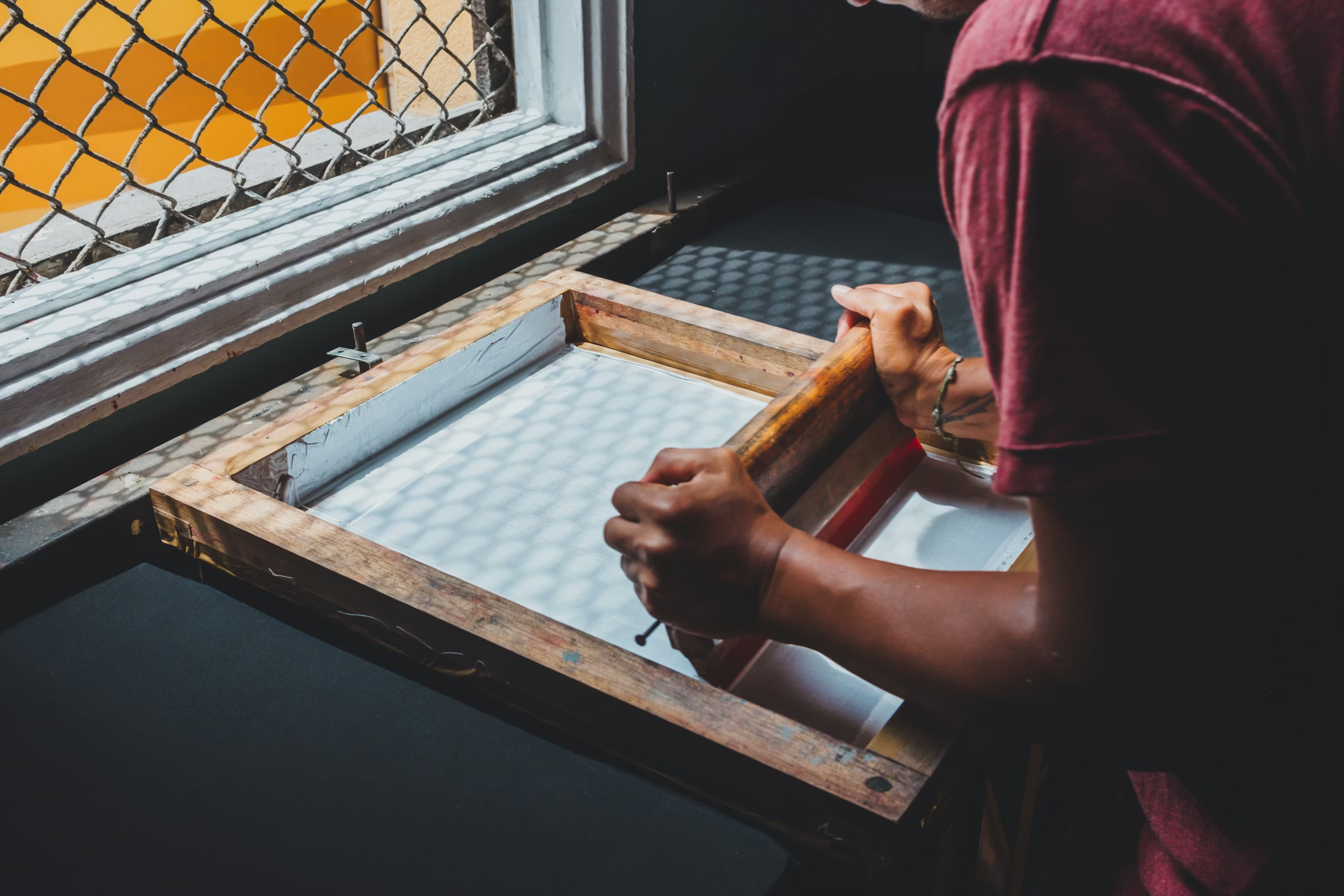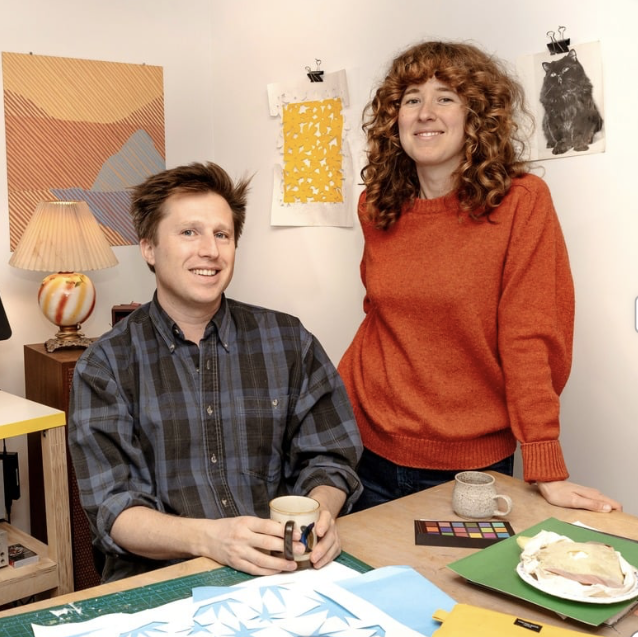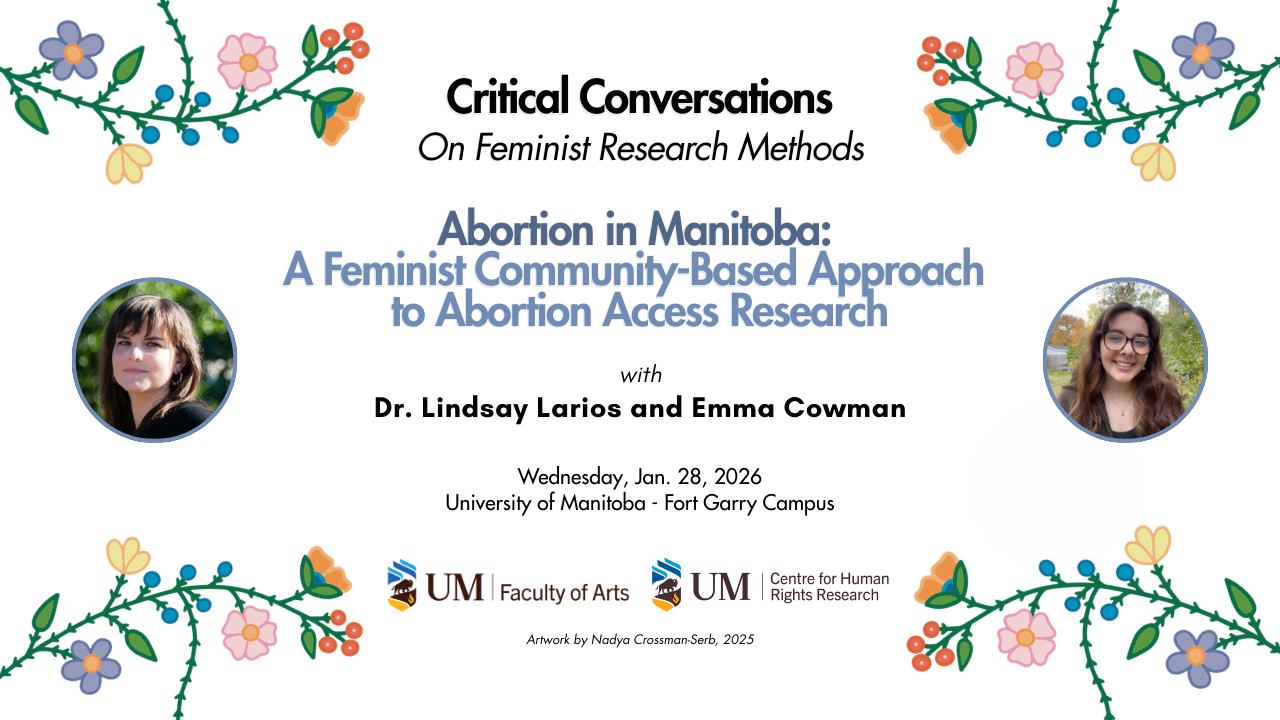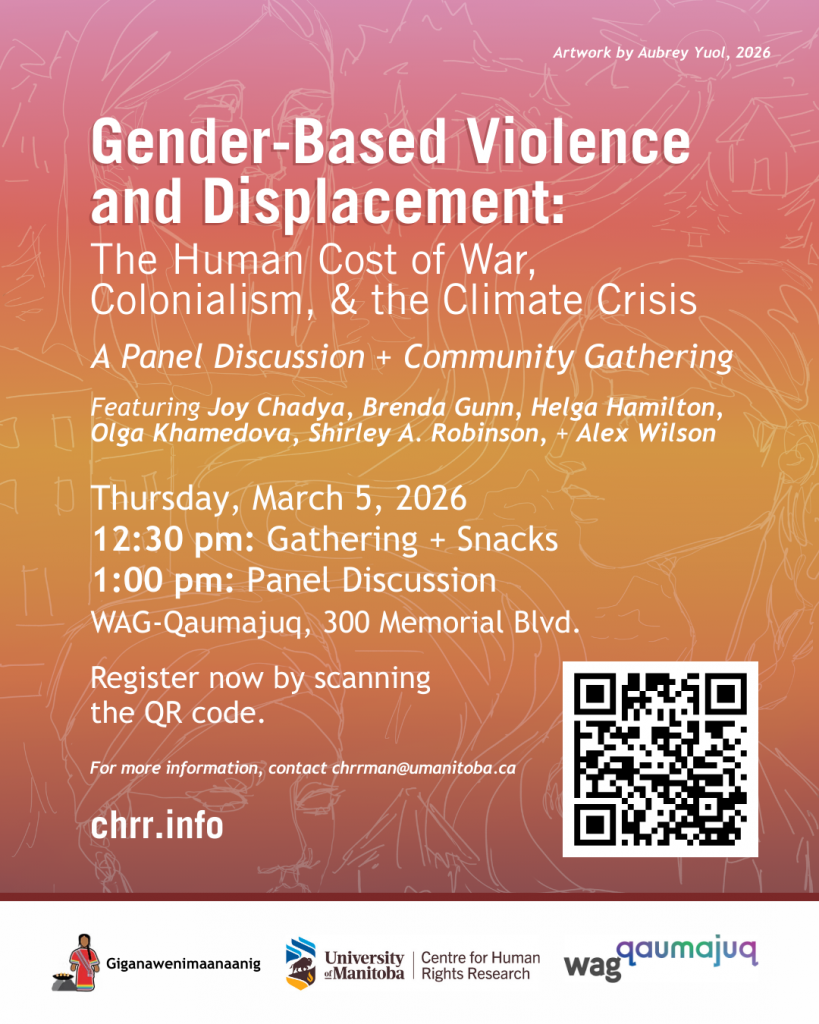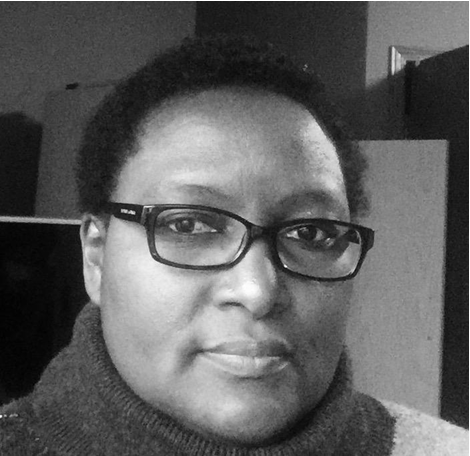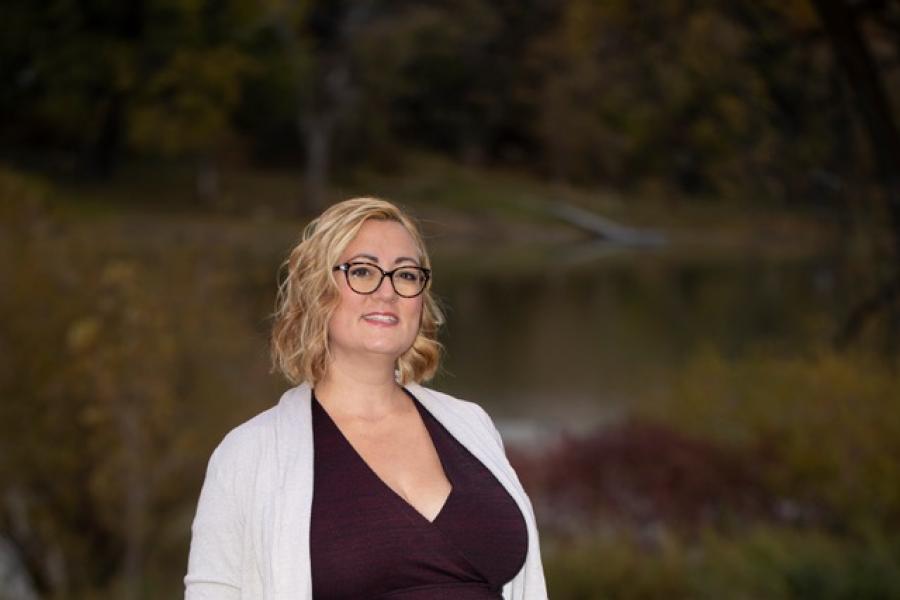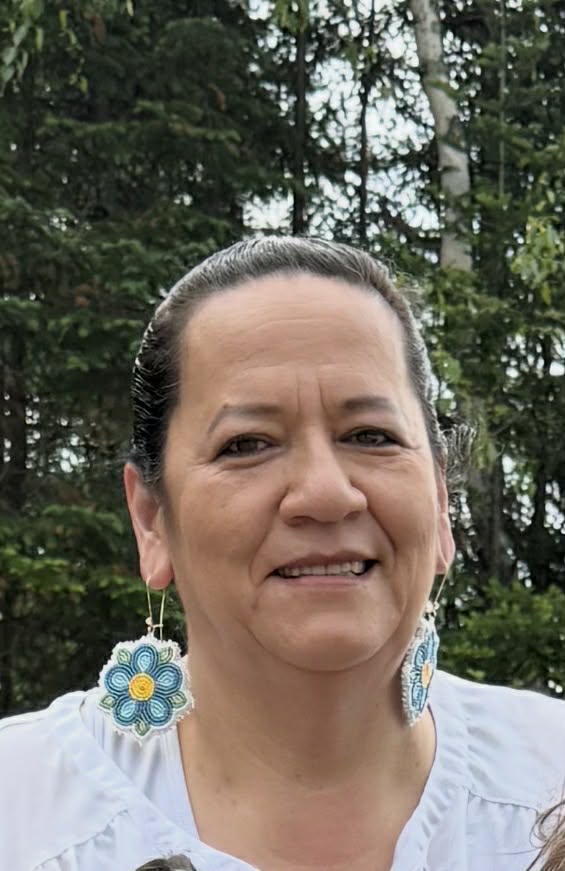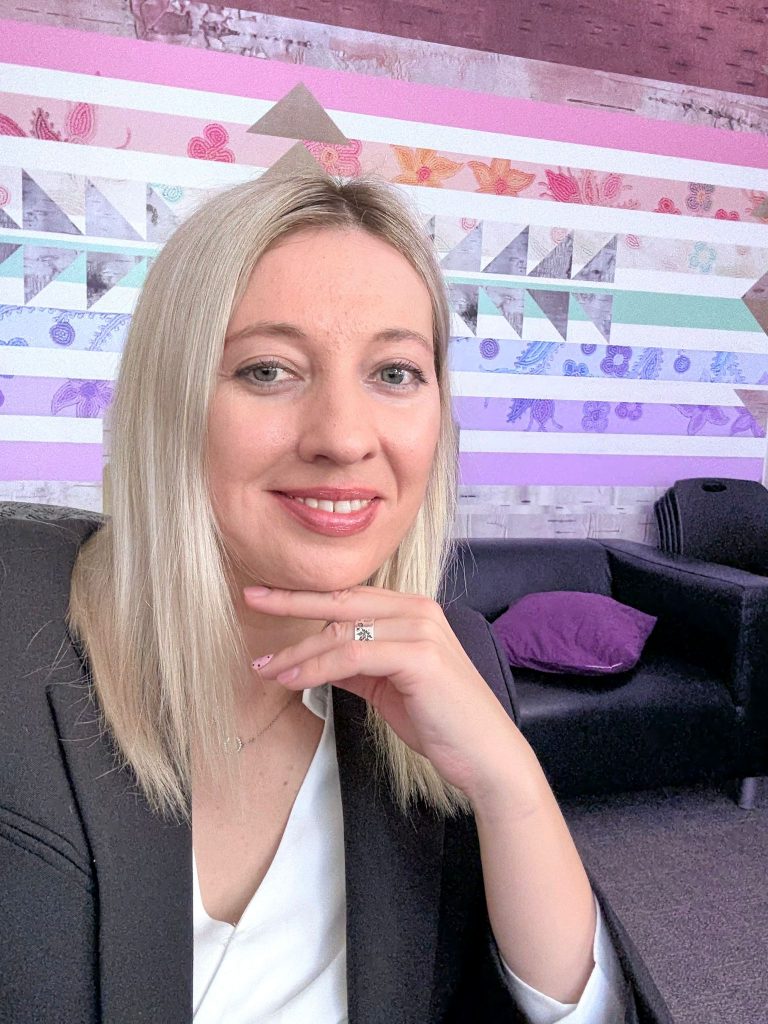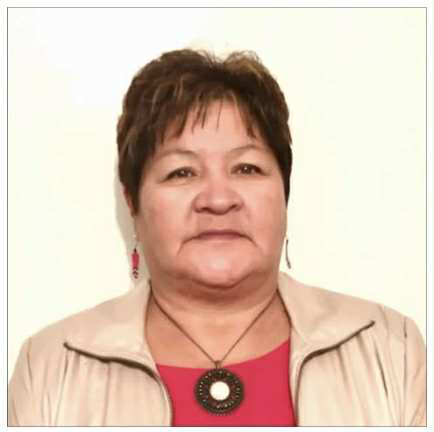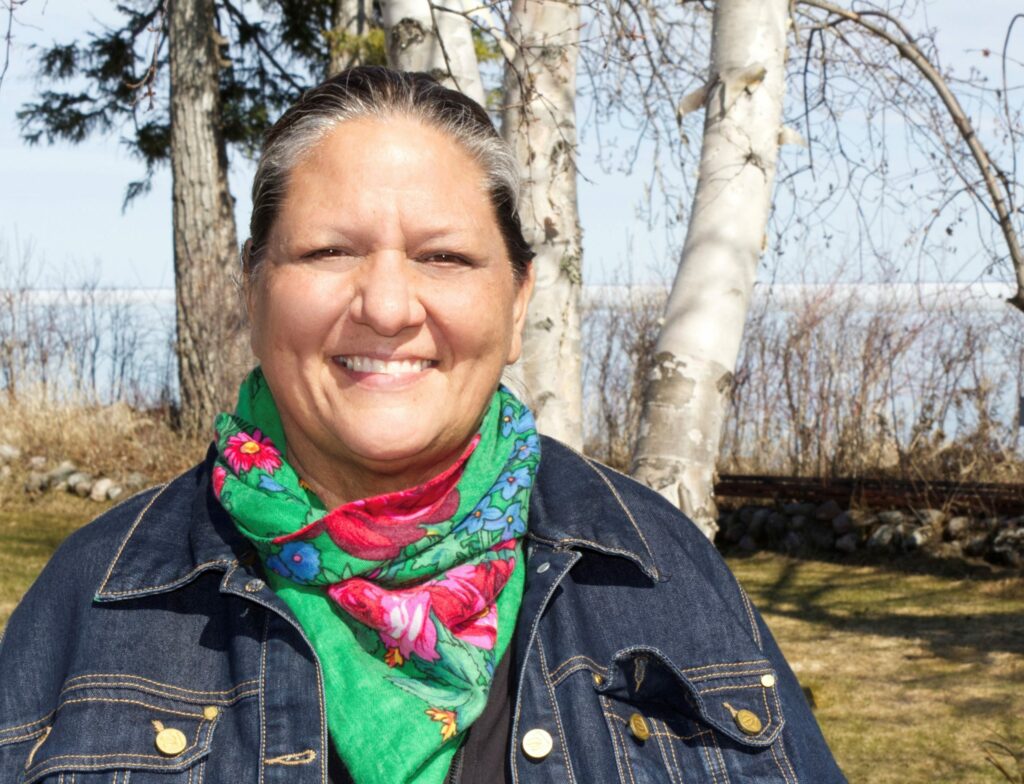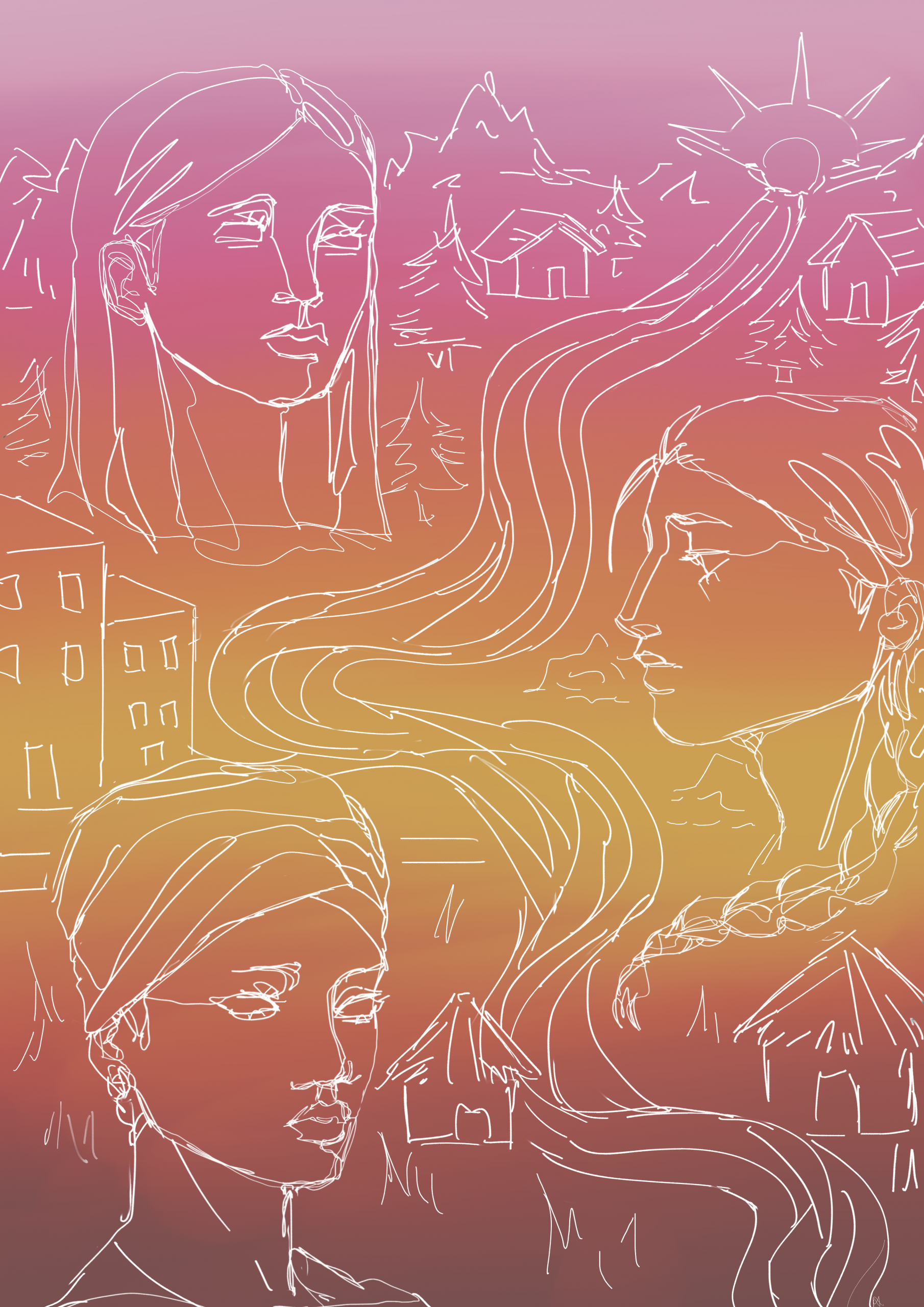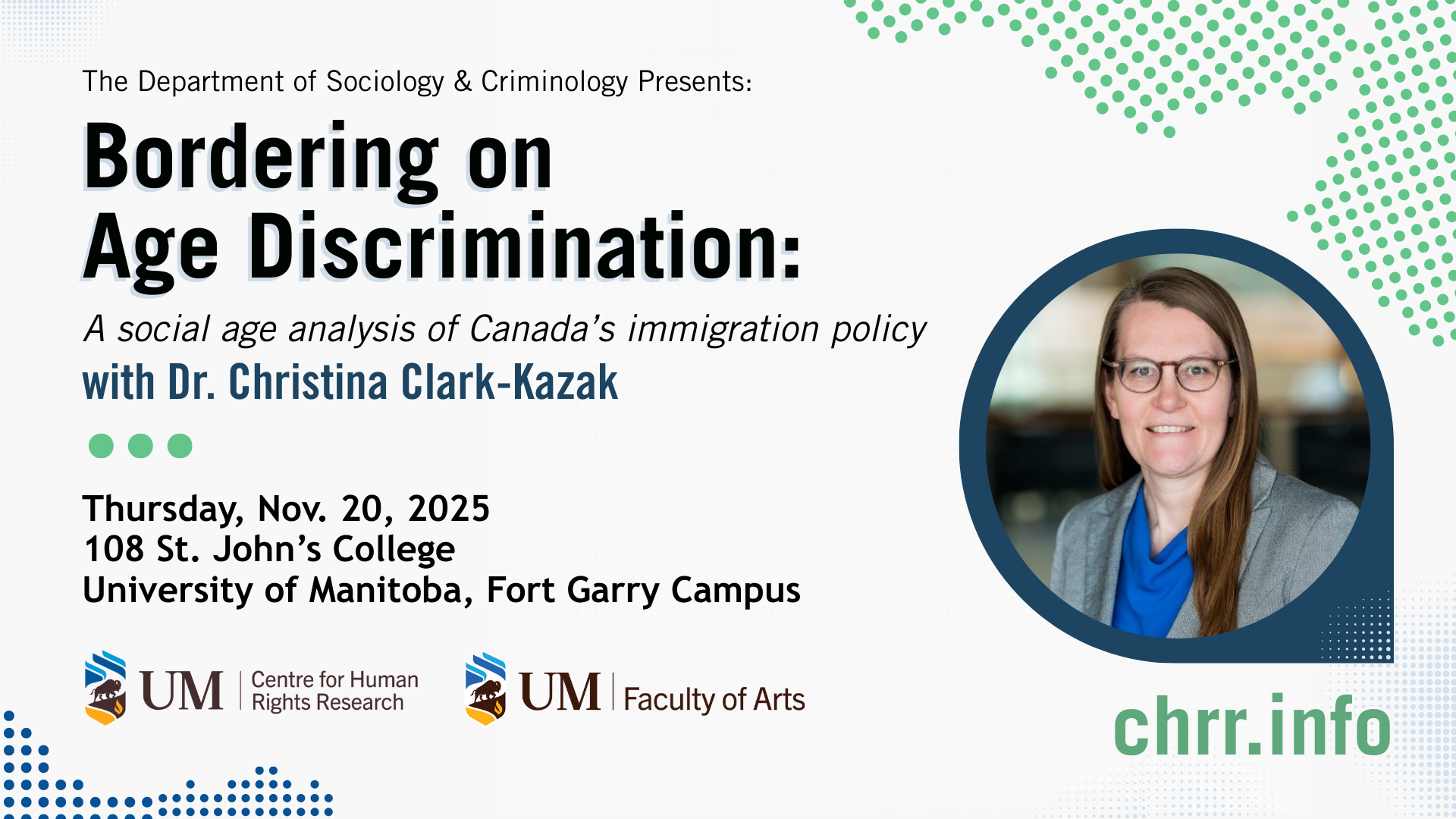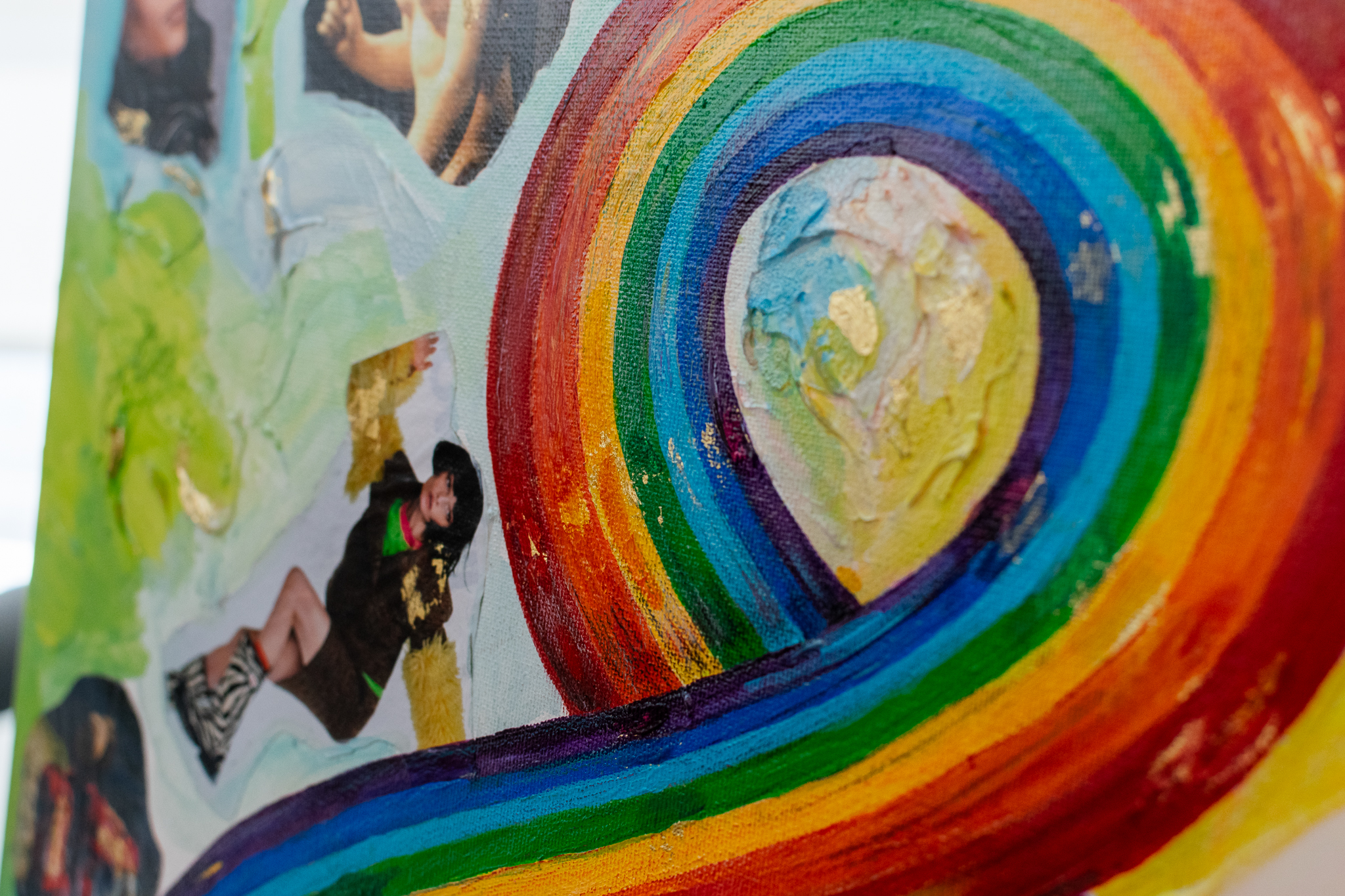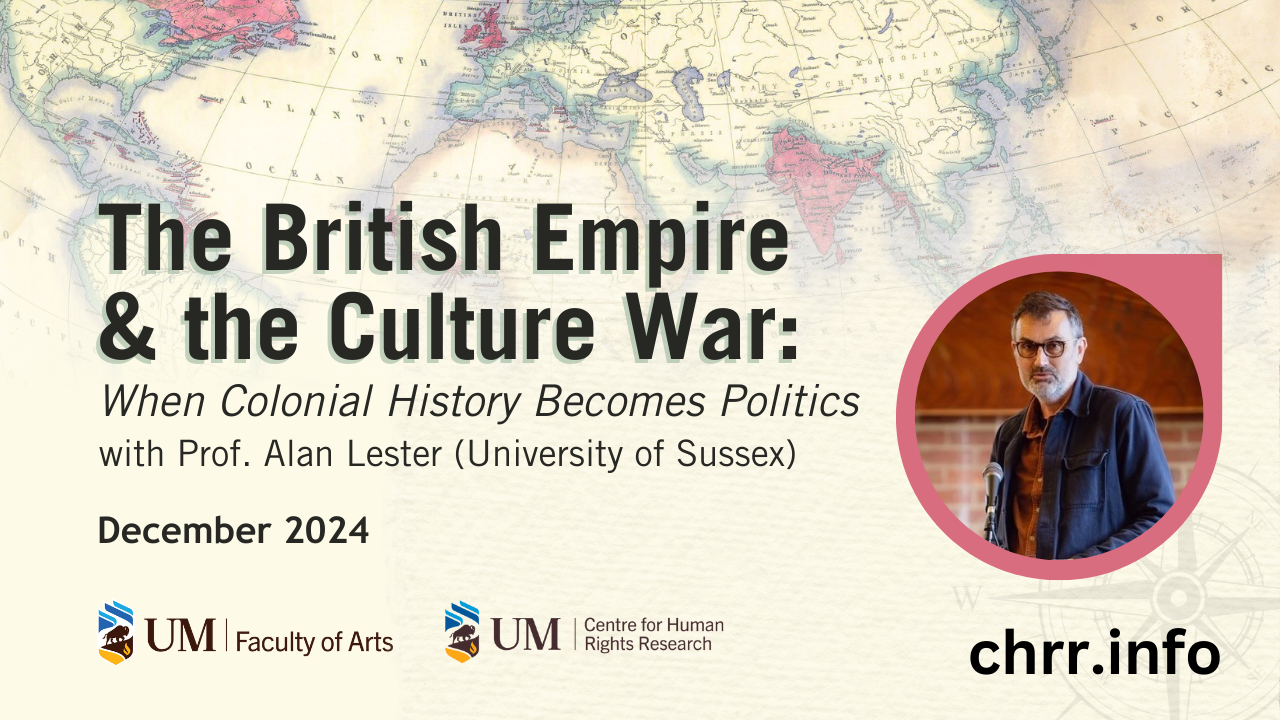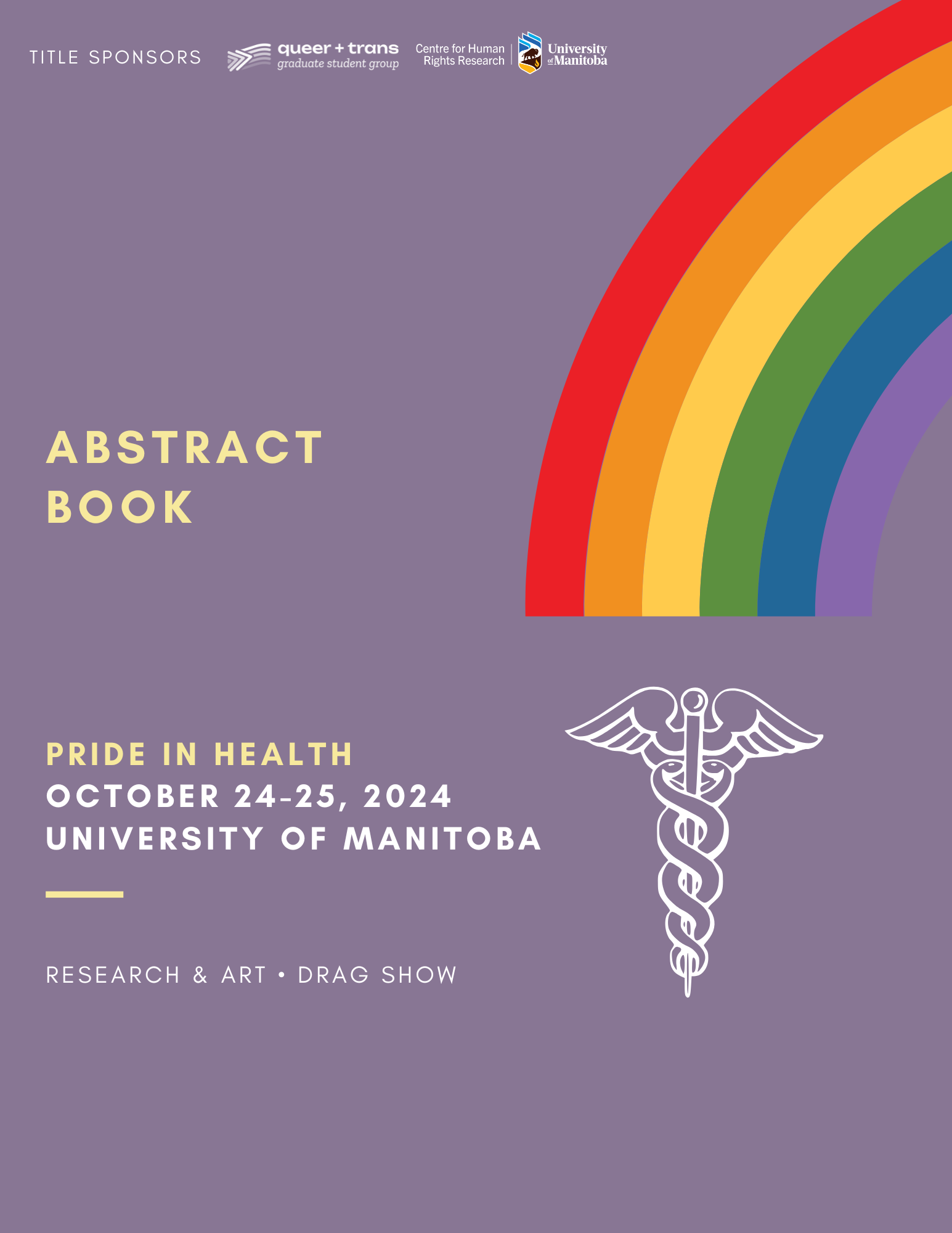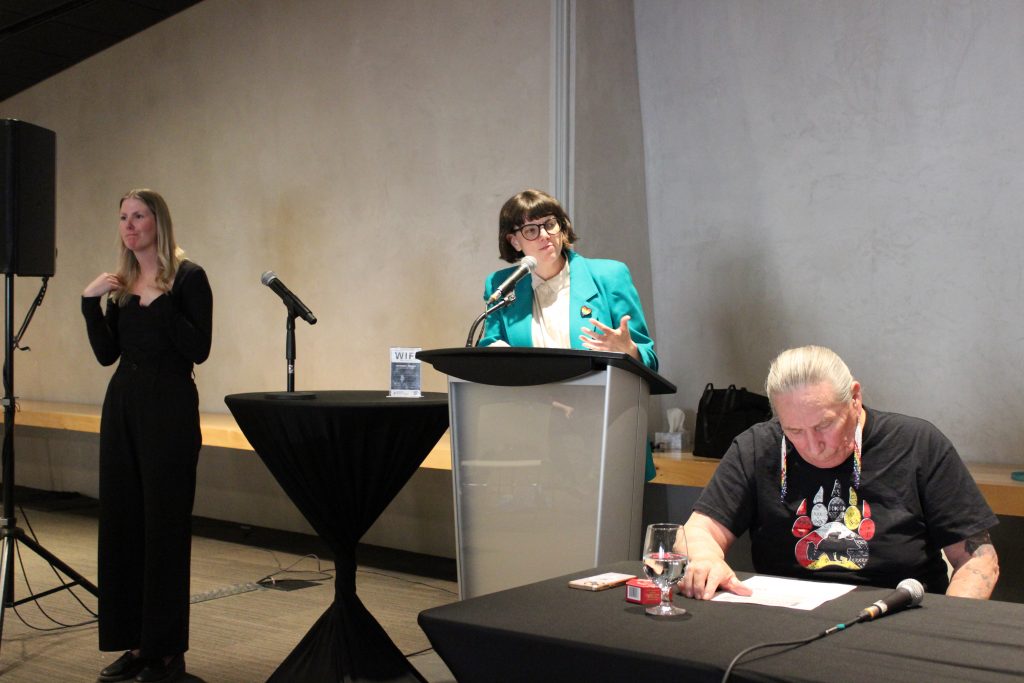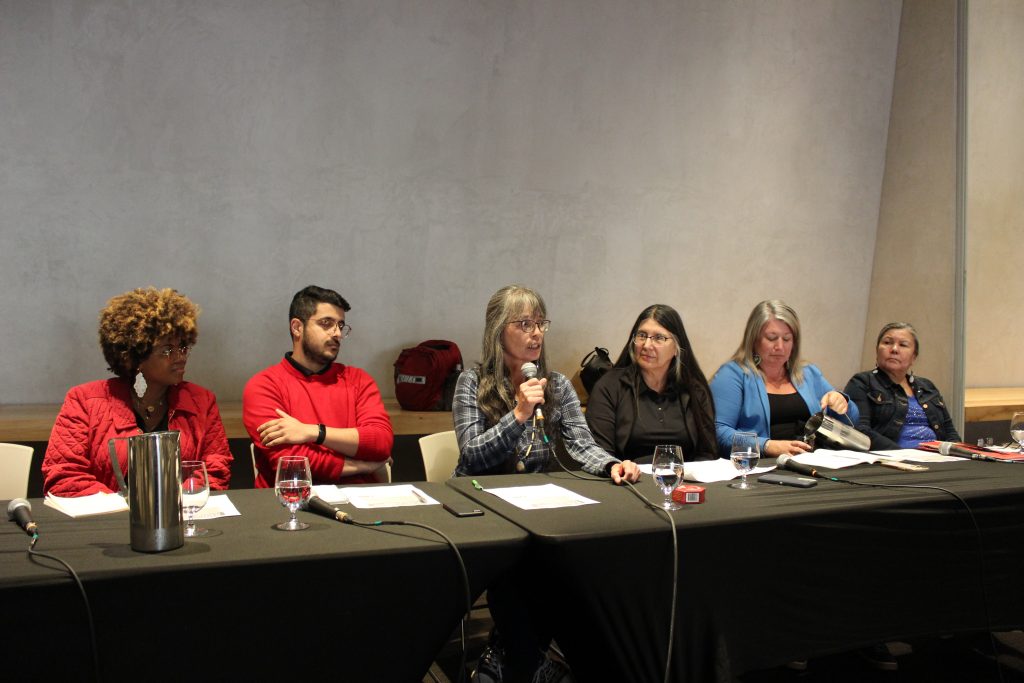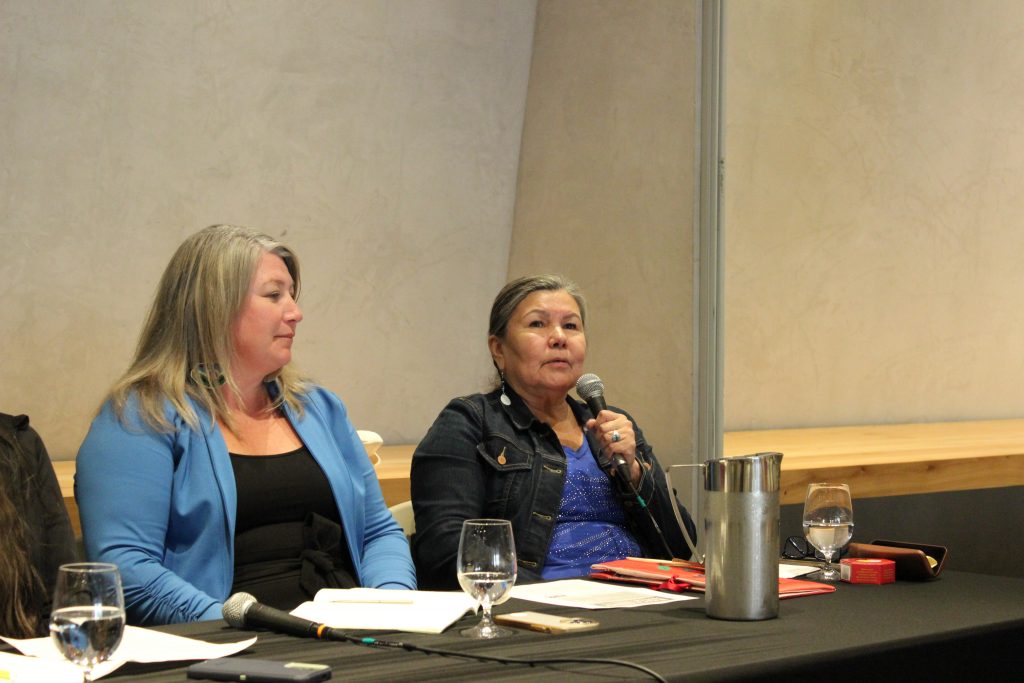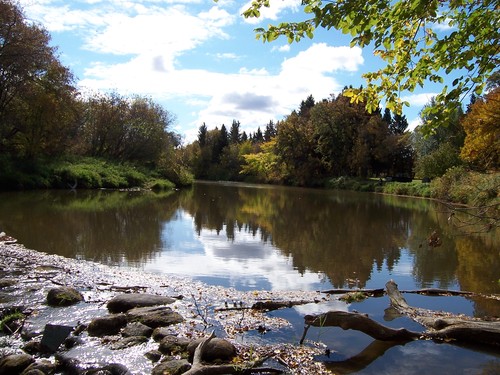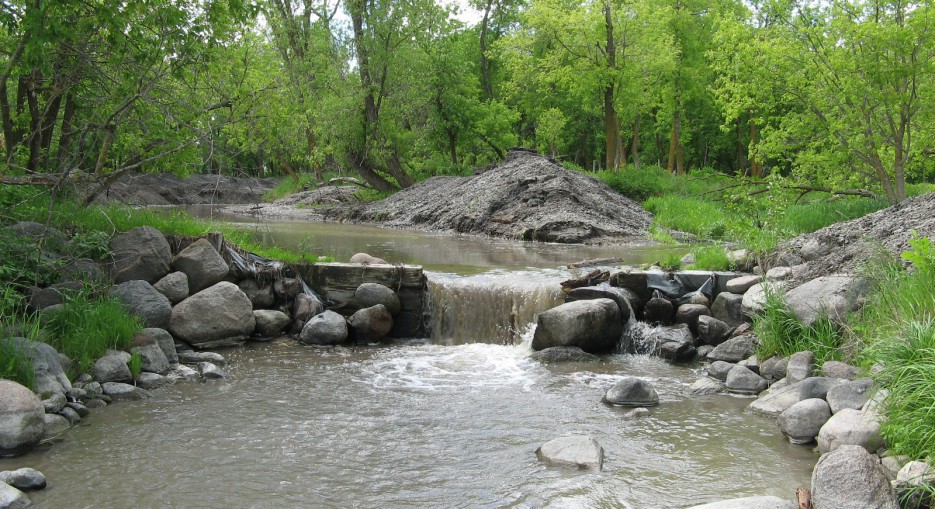Join us for a workshop with Natalie Baird and Toby Gillies on basic screen-printing techniques. The workshop will be held on Thursday, March 19, 2026, from 12:00 pm – 1:30 pm in Room 342, Education Building, Fort Garry Campus – University of Manitoba.
In this workshop, you will learn basic screen-printing techniques to create your own prints. You will have the chance to use art as a medium for exploring and communicating ideas about how to build community and find connection.
All are welcome to attend. All materials and light refreshments provided. Registration is encouraged.
Registration: Methods + Mediums: Screen Printing with Natalie Baird and Toby Gillies – Fill out form
For information on getting to the University of Manitoba, visit https://umanitoba.ca/about-um/our-campuses/getting-here.
For more information, please email chrrman@umanitoba.ca.
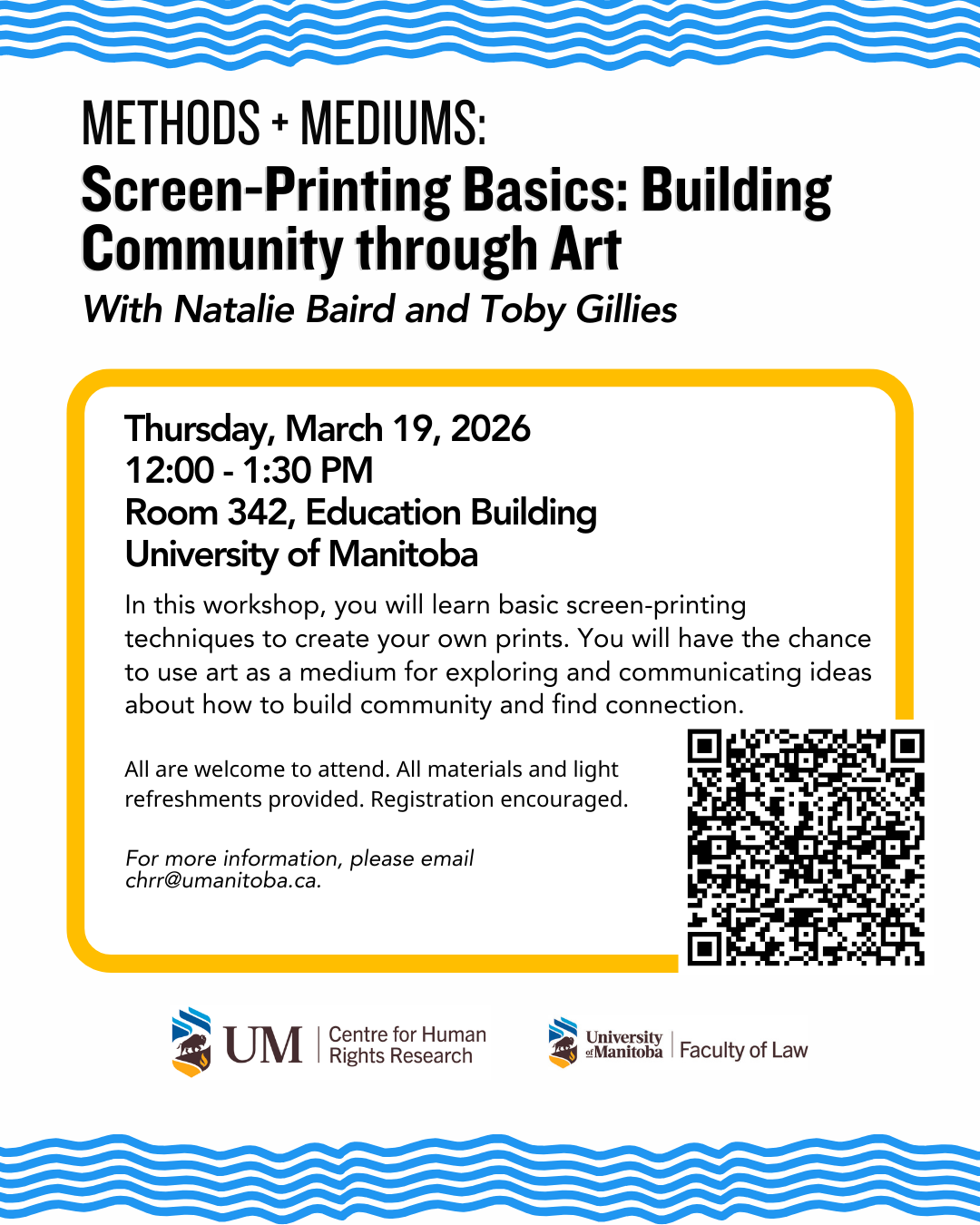
About the Presenters
